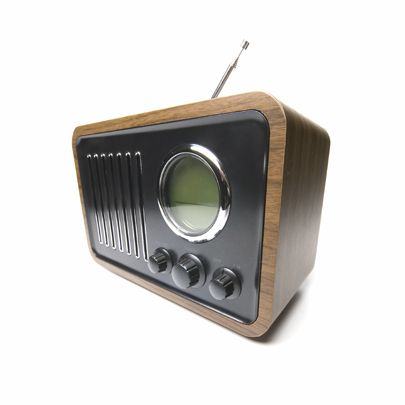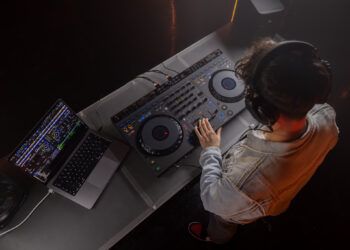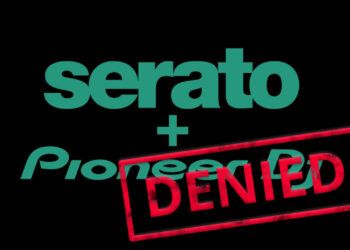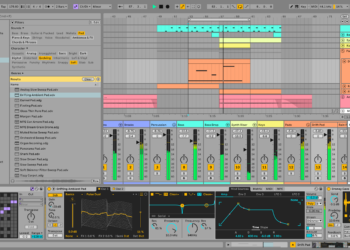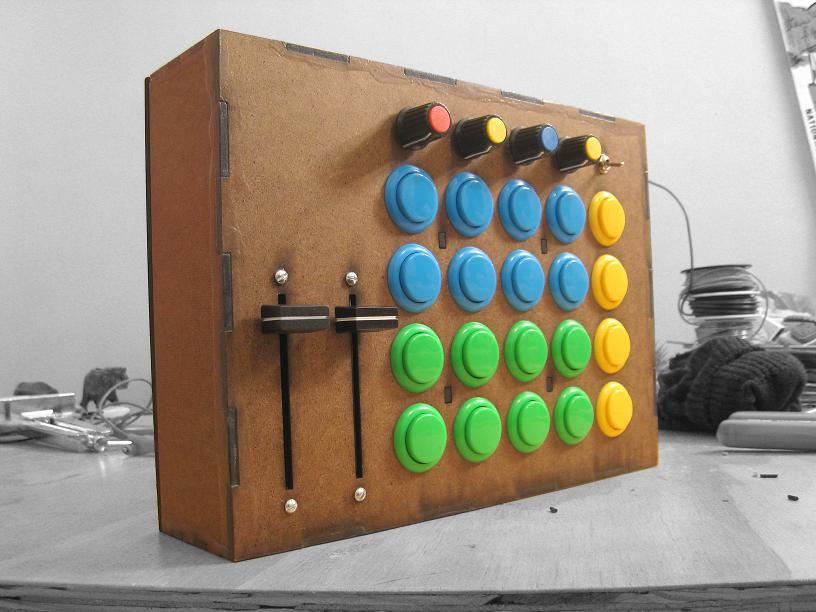Recently, we received a well intentioned letter that is making the dj rounds in America. The letter urges djs to not support the new Performance Rights Act in congress because it will mean bars, clubs and restaurants may pay more money for music played and their business will suffer. This statement requires some deeper investigation, and djs deserve to know all the facts before taking a stand on an important issue that effects our fellow musicians and performers, who like us, work to scratch out a living in the arts.
THE BASICS
First, lets look at the act itself and understand what it does do before we talk about what it may do.
The current situation in a very small nutshell:
Performers and Musicians that were involved in recording a song now receive royalties on their performances but only if that music is transmitted digitally. The songwriters receive royalties on music played over the air but music labels and musicians do not. This means web casters, digital radio, and satellite radio pay extra fees to cover the royalties to these musicians but AM/FM radio is currently exempt. The argument in the past was that radio supports the artists and sells more albums by promoting the music.
Now with album sales tanking due to digital downloads, the artists backed by the RIAA are claiming the need to find other ways to get paid and that broadcast radio should pony up. Many members of congress agreed and have drafted the Performance rights act which:
Removes the word “digital” from the current law so that “terrestrial broadcasters” (Radio) will be obligated to pay a defined schedule of fees that will go to the musicians and labels.
a more detailed break down of the pros and cons
WHO IS AGAINST IT?
The Free radio alliance, a mixed group of small broadcasters is against the law because it would mean they pay 1-5k per years in fees. On their site they ambiguously suggest:
Simply put, a performance tax is a fee that record labels want the government to impose on radio stations, and eventually charge restaurants, retail stores or any other public venue that airs recorded music…….
Anyone who listens to the radio will be impacted. Reportedly, the new tax could cost between $2 and $7 billion annually. Ultimately, anyone who eats at a restaurant or plays a song on a jukebox could also be impacted.
This appears to be a weak attempt to get the general public concerned about a bill that is going to cost their members money when there is no evidence supporting this claim. The bill addresses “Terrestrial broadcasts” and “Digital Transmissions” which have nothing to do with playing music in a venue. The bill does however mention public performance (including clubs):
SEC. 5. NO HARMFUL EFFECTS ON SONGWRITERS.
- (b) Public Performance Rights and Royalties- Nothing in this Act shall adversely affect in any respect the public performance rights of or royalties payable to songwriters or copyright owners of musical works.
Read what one broadcaster had to say at the hearing for this bill:
Steven Newberry
Commonwealth Broadcasting Corporation
On behalf of the National Association of Broadcasters” The recording industry claims to be trying to close a “loophole” in the law but neglects to point out that H.R. 4789 is specifically targeted at the over-the-air broadcasts of local radio, leaving untouched numerous other entities and venues that play recorded music and are covered in foreign jurisdictions, such as hotels, restaurants, bars, nightclubs, sporting arenas, shopping malls, retail stores, health clubs, etc. “
So unless we are missing something obvious, there is no clear way this will effect djs. Instead, it might provide some much needed revenue for musicians by employing a tax technique that is already in use throughout much of the world including Europe. Billy Corgan from the Smashing pumpkins agrees in his testimony supporting the act. The pros and cons of this law should certainly be debated and I look forward to hearing your opinion however we can be fairly certain this is not a issue for djs, but an important one for musicians.


